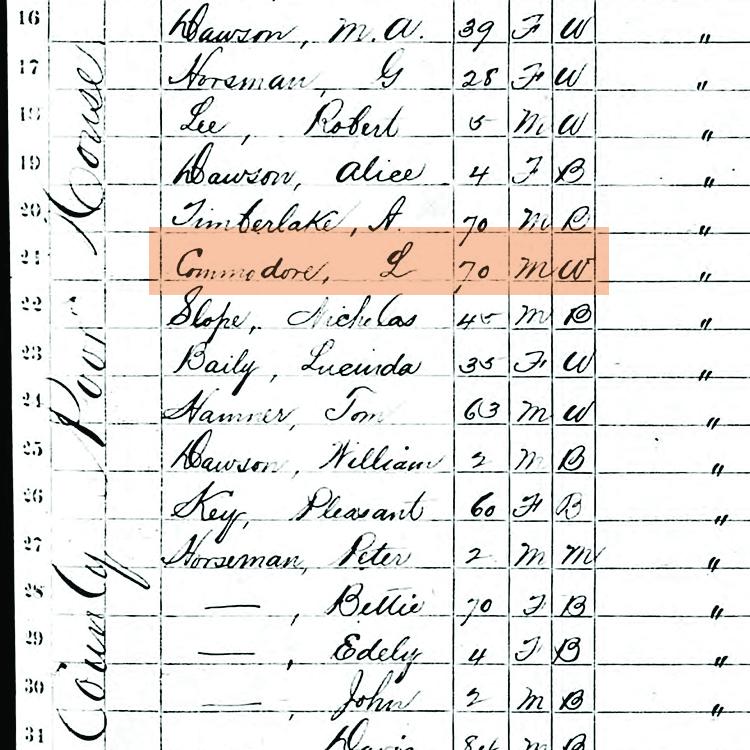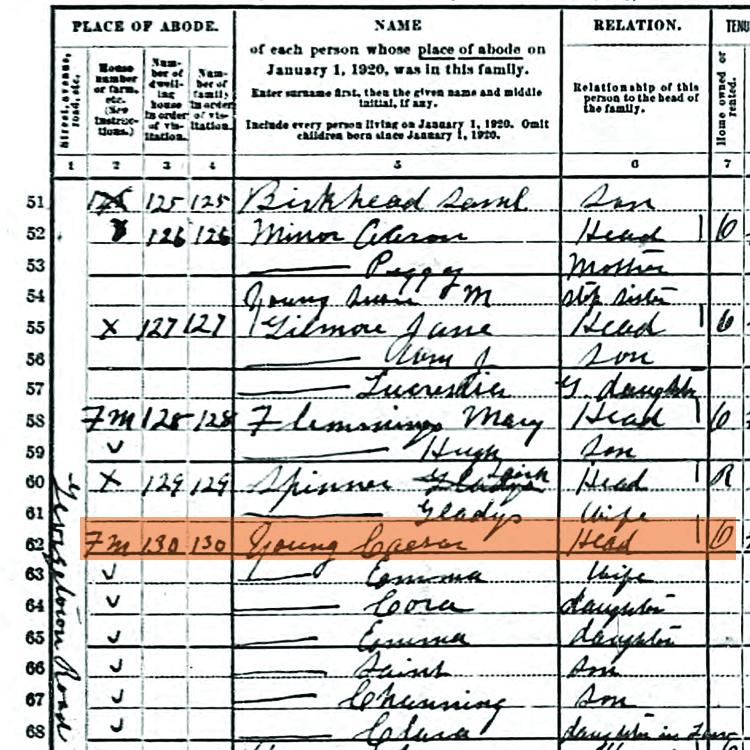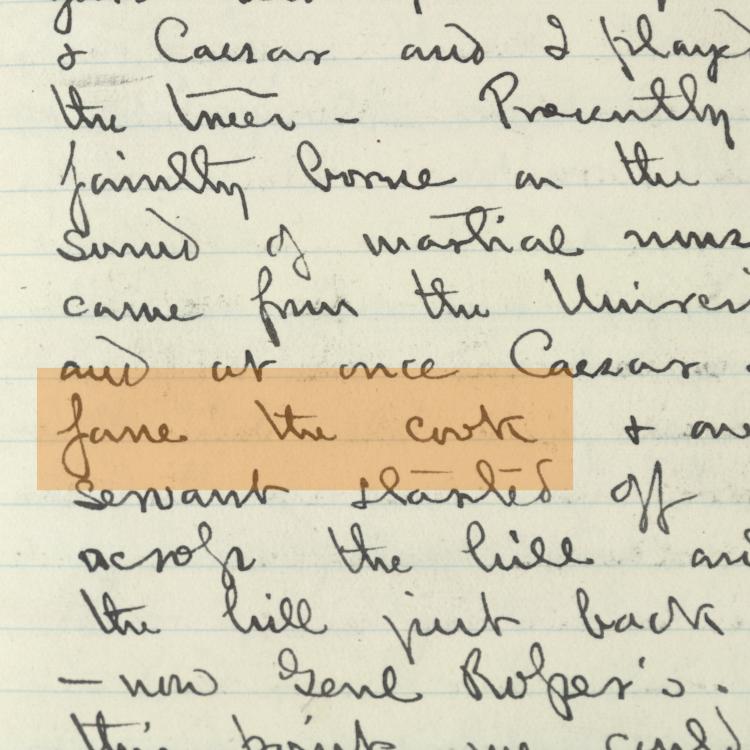This website and project seeks to shed light on the ways UVA Law faculty and students treated the institution of slavery as a curricular subject. The central concern of this project is slavery as an object of academic study and of the law. However, the subjugation, the daily horrors, and the deadly effects of slavery can never be reduced to an intellectual abstraction. The three profiles featured below reveal details of the lives of enslaved workers employed by the University of Virginia and by UVA Law faculty at different points in time in the University’s early history. We offer these resources to complement the faculty perspectives in the student notebooks featured elsewhere on this website.
Each of the first six UVA Law faculty belonged to families that enslaved individuals. Historical records indicate enslaved Black individuals lived and worked at the pavilion residences of the law faculty and likely at the off-Grounds properties that at least three of these professors maintained. John B. Minor was known to have enslaved dozens of individuals over his half-century tenure at the UVA School of Law. As enslavers, the dynamic between law faculty with the enslaved in their personal lives inform our understanding of the faculty’s approach to slavery in the classroom as a political and legal matter. This page represents our effort to give the enslaved workers affiliated with the University of Virginia School of Law their due place in the history of the Law School and that of the University of Virginia and Charlottesville communities.
Enslaved Persons
Lewis Commodore
While the University leased many enslaved workers, Lewis Commodore was the only person known to have been purchased and enslaved by the University. He was working as the Rotunda bell ringer and janitor when the estate that owned his bondage went up for auction in 1832. A cohort of University faculty, including Law Professor John A.G. Davis, purchased him for $580 and were reimbursed by the Board of Visitors.
Caesar Young
Caesar Young was enslaved by the Duke Family at Sunnyside, the site of the modern-day Law School. In 1865, Young watched as Union troops marched into Charlottesville. Following the Civil War, Young continued to work for the Duke Family as a gardener and barbeque pit master. He rose to local fame as a barbeque chef.
Jane
Jane lived at Sunnyside—the property on which the University of Virginia law and business schools now sit— as an enslaved cook, held in bondage by the family of R.T.W. Duke Sr. In March 1865, after the arrival of the Union Army in Charlottesville, Jane left Sunnyside and Virginia.



